Description
Isopropanol: The Unsung Hero in Your Cleaning Arsenal (and Beyond)
Isopropanol, also known as isopropyl alcohol or rubbing alcohol, is a ubiquitous chemical compound found in homes, hospitals, and industries worldwide. While its most common use is undoubtedly as a disinfectant, isopropanol boasts a surprisingly diverse range of applications, making it a true workhorse in the chemical world.
What is Isopropanol?
At its core, isopropanol is a colorless, flammable, and slightly pungent alcohol. Its chemical formula is CH3CHOHCH3, and it readily mixes with water and many organic solvents. This miscibility, combined with its relatively low cost and rapid evaporation rate, explains its popularity across various sectors.
The Disinfectant Powerhouse
Perhaps the most well-known use of isopropanol is as an antiseptic and disinfectant. Its ability to denature proteins and disrupt the cell membranes of bacteria, viruses, and fungi makes it a highly effective germ killer. Commonly available in concentrations between 70% and 99%, isopropanol solutions are used for:
- Surface Disinfection: Cleaning countertops, doorknobs, and medical equipment to minimize the spread of germs.
- Skin Preparation: Sterilizing skin before injections, blood draws, and minor surgeries.
- Sanitizing Small Items: Cleaning thermometers, razors, and other personal hygiene tools.
Beyond Killing Germs: A Multifaceted Tool
While its disinfectant properties are a major selling point, isopropanol’s applications extend far beyond the realm of hygiene:
- Electronics Cleaner: Its ability to dissolve oils and greases while evaporating quickly makes it ideal for cleaning sensitive electronic components like circuit boards, computer parts, and printer heads. It leaves behind minimal residue, crucial for optimal performance.
- Solvent and Cleaner: Isopropanol is an excellent solvent for a variety of substances, including oils, resins, and inks. This makes it useful for cleaning tools, removing sticky residues, and even as a component in paint thinners.
- De-Icer: Isopropanol’s low freezing point makes it effective as a de-icer for windshields and locks, particularly in cold climates.
- Industrial Uses: In industrial settings, isopropanol finds applications in the production of various chemicals, pharmaceuticals, and plastics. It is also used as a cleaning agent in manufacturing processes.
Safety Considerations
Despite its versatility, isopropanol is not without its risks. It’s crucial to exercise caution when using it:
- Flammability: Isopropanol is highly flammable and should be kept away from open flames and sources of ignition.
- Inhalation: Prolonged or excessive inhalation of isopropanol vapors can cause respiratory irritation, dizziness, and even unconsciousness. Use in well-ventilated areas.
- Ingestion: Ingesting isopropanol is dangerous and can lead to serious health complications. Seek immediate medical attention if ingested.
- Skin Irritation: While brief contact is generally harmless, prolonged exposure can dry out and irritate the skin. Consider wearing gloves when handling isopropanol frequently.
The Future of Isopropanol
As hygiene and cleanliness continue to be priorities, isopropanol’s role as a disinfectant is likely to remain significant. Furthermore, its diverse applications in various industries ensure its continued importance in the chemical landscape. Ongoing research and development might unveil even more innovative uses for this versatile compound, solidifying its position as a vital tool in our daily lives and beyond.
In conclusion, isopropanol is more than just rubbing alcohol. It’s a powerful disinfectant, a versatile solvent, and a critical component in numerous industrial processes. By understanding its properties and exercising appropriate safety precautions, we can harness its benefits and appreciate its significance in a wide range of applications.

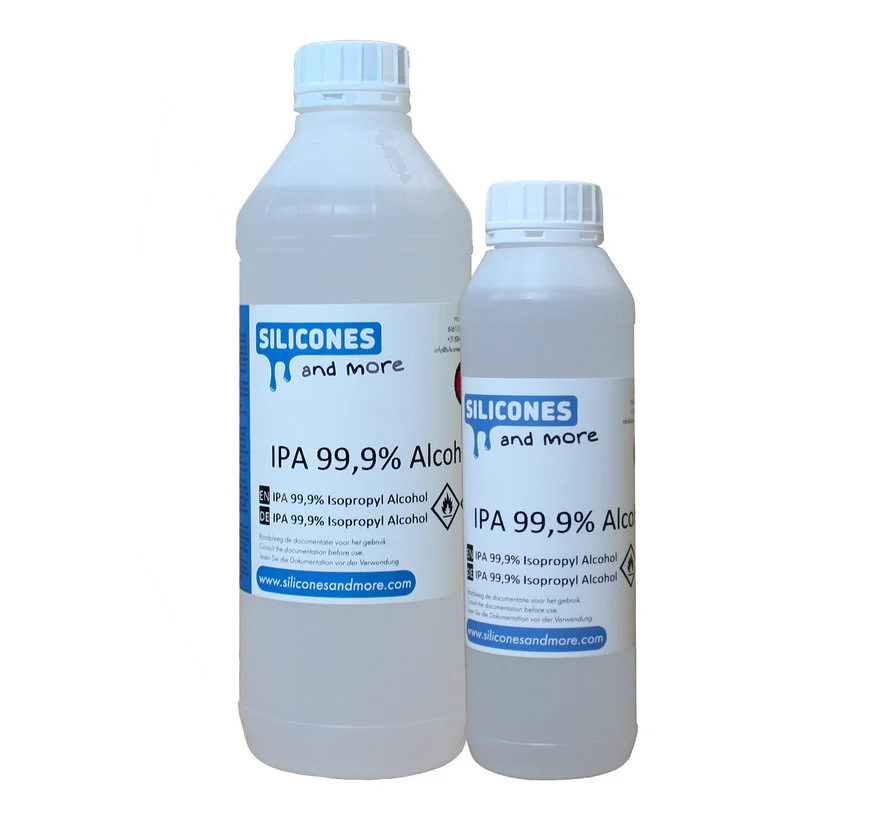
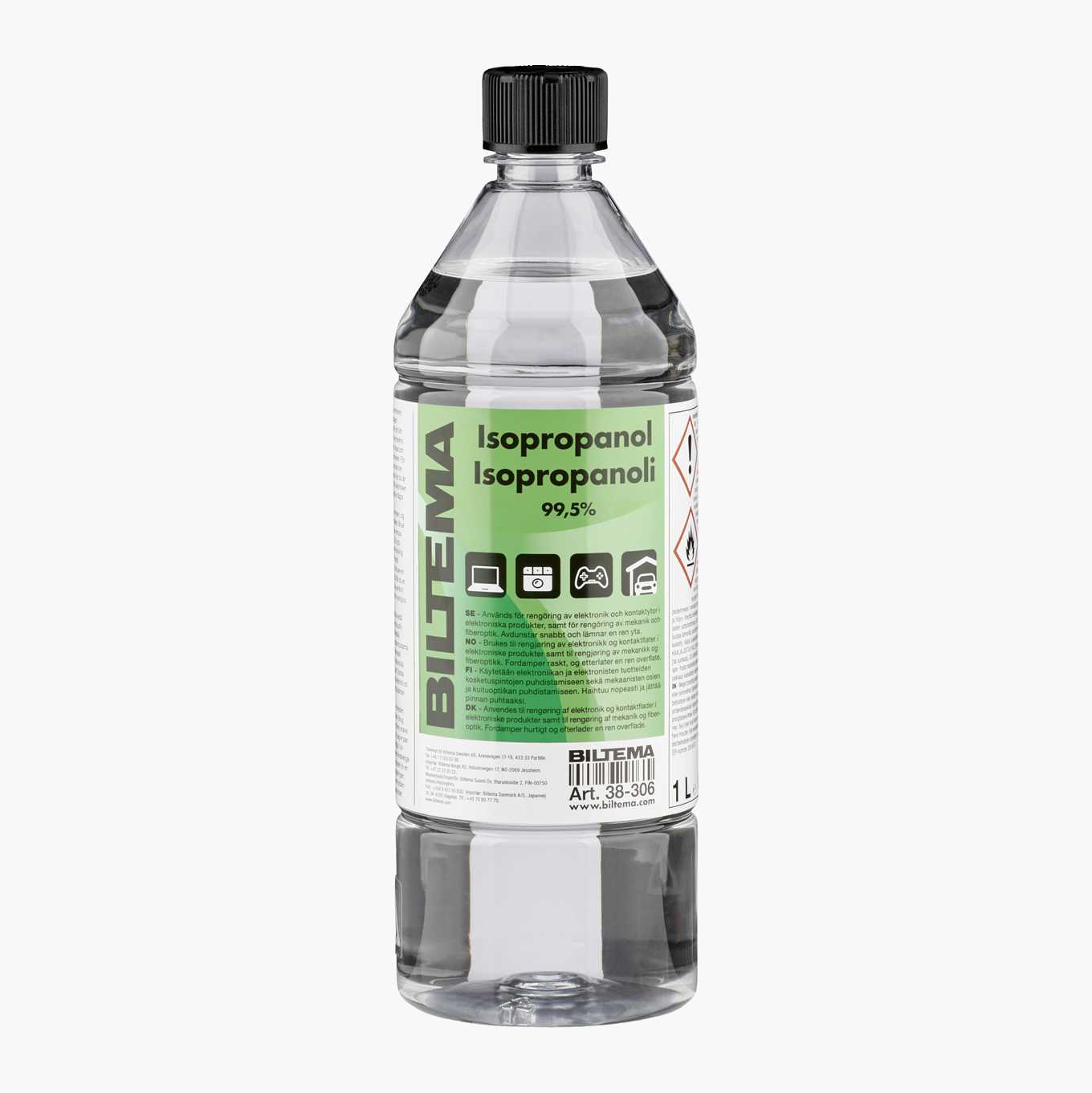
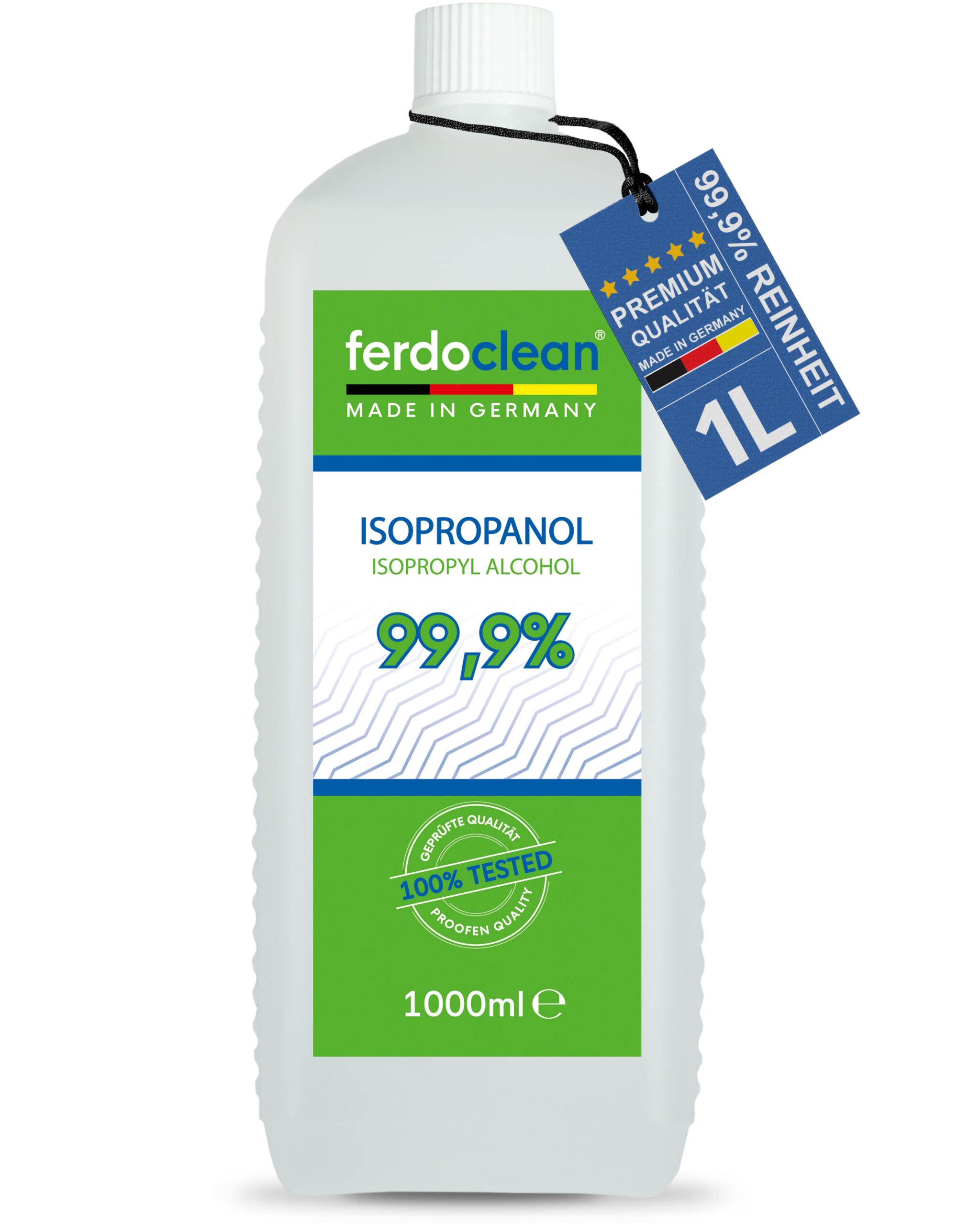

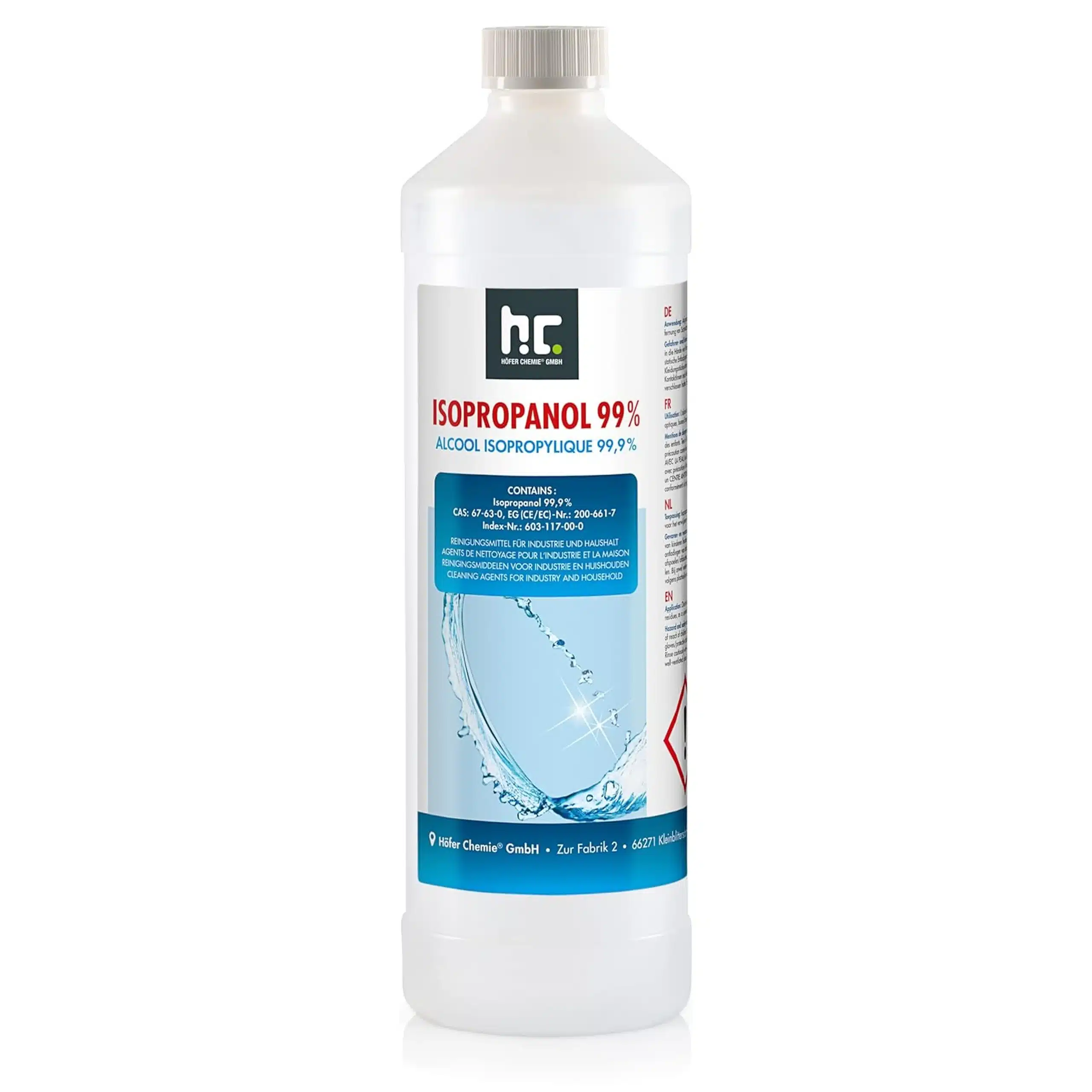



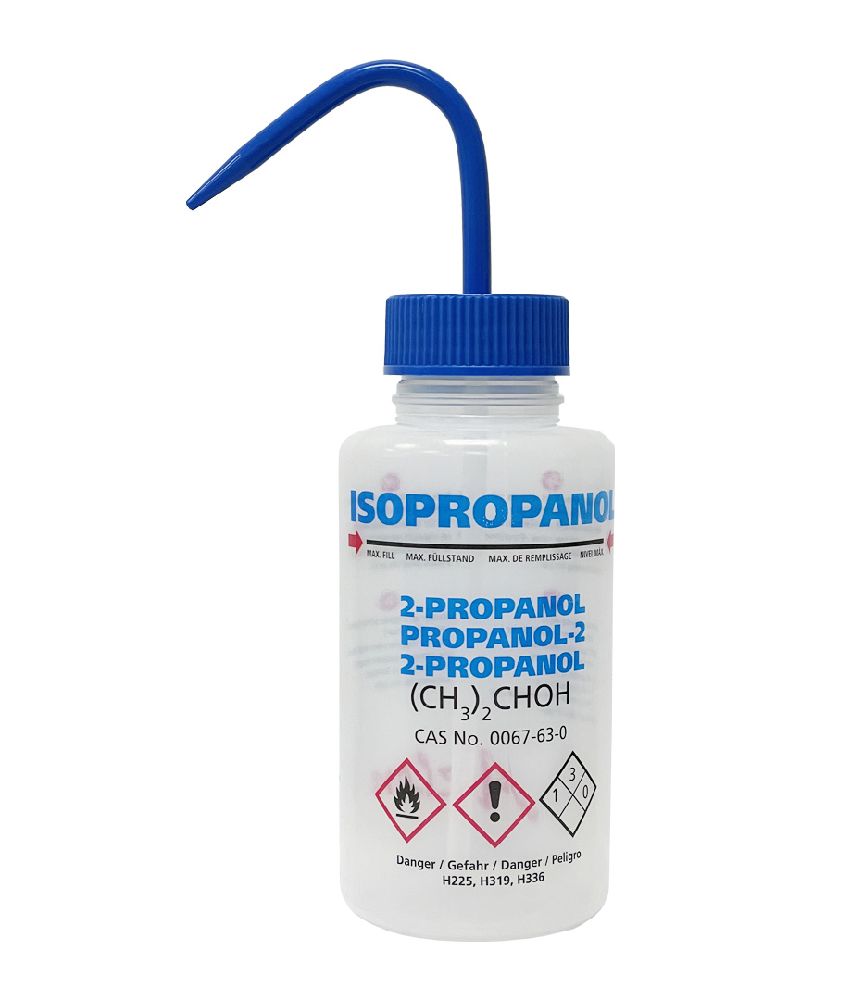




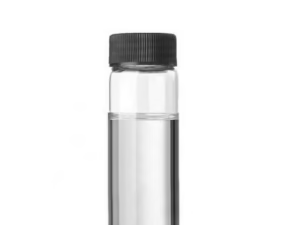
Reviews
There are no reviews yet.